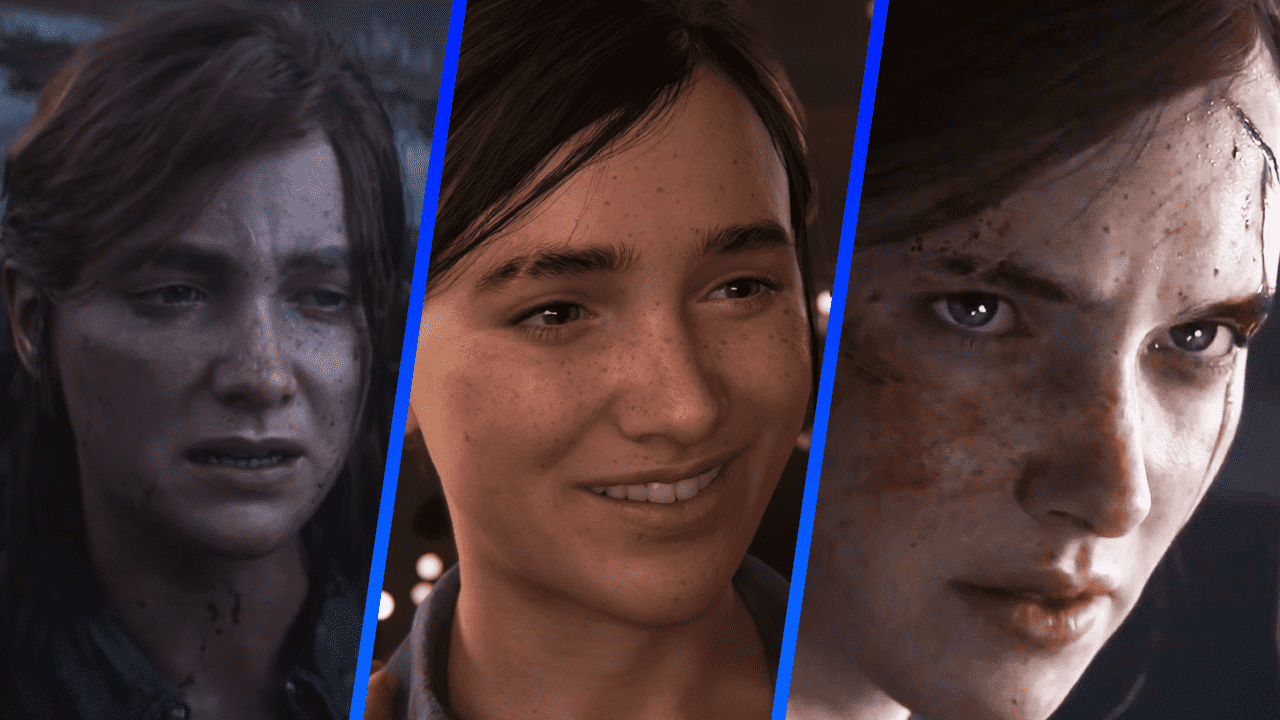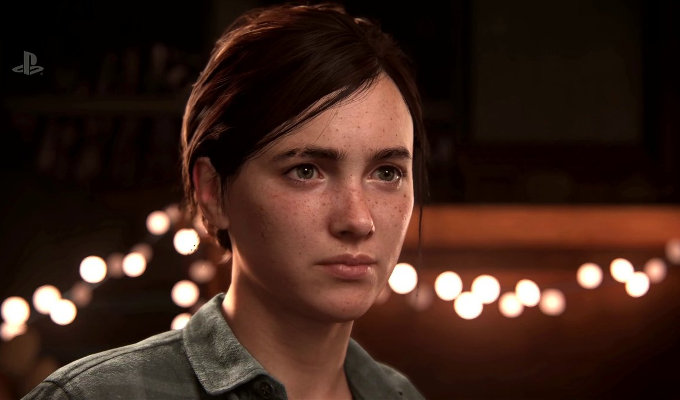


Fifty million hours later I was beyond disappointed.ĭon’t get me wrong, the millennial nailed it when she said it was a great exploration of the effects of grief and grey morality. So, when it came to The Last of Us Part 2, I was beyond excited. Grey morality … Ellie in The Last of Us Part 2. Either way it is a jaw-dropping, supremely brave ending and the terrific Left Behind side-story also brought the feels. “Because he’s a white male,” came the answer, because it’s 2022 and she’s in her 20s. “Why does he do that?” I asked the millennial, in one of many fantastic discussions we had about the game. So, he disregards mankind’s future and, by stopping the operation, effectively murders the entire human race (alongside a whole hospital’s worth of doctors). But Joel has no truck with utilitarian philosophy, because Ellie has now become a replacement for the daughter he lost.
Last of us part 1 ending tv#
Maybe Ellie isn’t immune to infection after all? Maybe Joel is her real father? Maybe they’re both unwitting participants in some reality TV show, I’m Infected Get Me Out of Here?Īs you will all know by now – and if you’ve yet to play The Last of Us then please stop reading – the ending has Joel murder a perfectly innocent and well-intentioned doctor who wants to cut Ellie open to find a cure that will save humanity. Throughout the first chapter of Joel and Ellie’s jaunt across a post-infected US I keep trying to guess what this great ending will be. “The millennial says it’s got the best ending ever.” Whether it’s smoke bombs from sugar and explosives or a set of Action Man drawers from matchboxes, it’s all boring to me. I also hate any form of crafting, because that was what my generation had to do for “fun” as kids before we had video games. It’s more like the clichéd idea of a video game than the game itself.Jaw-dropping … The Last of Us. But on the show, Joel just sails right on through. In the game, fighting your way to Ellie is a difficult challenge, so you’re invested in the outcome just by virtue of the hours you’ve put in getting there. For a show that has emphasized its gritty realism at every turn, one whose hero was previously almost killed by getting stabbed with a broken baseball bat, Joel’s sudden invulnerability is a disastrous step into fantasy logic, where the steeliness of his resolve makes him impossible to defeat. Joel ducks behind a wall as a hail of bullets throw up clouds of dust, then pops up and takes out enemy after enemy with one clean shot. From the moment he turns on the Fireflies who are meant to be escorting him to the highway out of town, he’s unstoppable and untouchable, taking out more than a dozen battle-hardened resistance fighters without getting so much as a scratch. But instead of a boss fight, Joel’s path to the operating room is a cakewalk. In the first season’s finale, Joel does much the same.

There’s a New Kind of Male Heartthrob on Screen The New Samantha on And Just Like That Is … Charlotte? What’s Fact and What’s Fiction in Painkiller, Netflix’s Hit Show About the Opioid CrisisĪ Controversial Country Song Became a Smash Overnight. When the doctor, said to be the only living person capable of making a Cordyceps vaccine, gets in the way, Joel kills him, and before he leaves the compound, he kills Marlene, too, reasoning that if he left her alive, she’d never stop trying to track them down. After Joel realizes what’s going on, he turns on the Fireflies and slaughters them, fighting his way to the operating room where Ellie has been sedated. Which is part of what makes the ending of The Last of Us so wrenching. When you’re playing as Joel rather than watching Pedro Pascal play him, his actions are literally in your hands, and although games as intensely scripted and cinematic as The Last of Us can only offer you so many options-the actors can’t suddenly reconvene and shoot a new scene just because you’ve decided to arbitrarily abandon Joel’s mission and head to Florida instead-it’s designed to make the player feel the weight of those choices, even and especially the more questionable ones. Choice is, of course, what differentiates interactive storytelling like video games from older forms like movies and television.


 0 kommentar(er)
0 kommentar(er)
